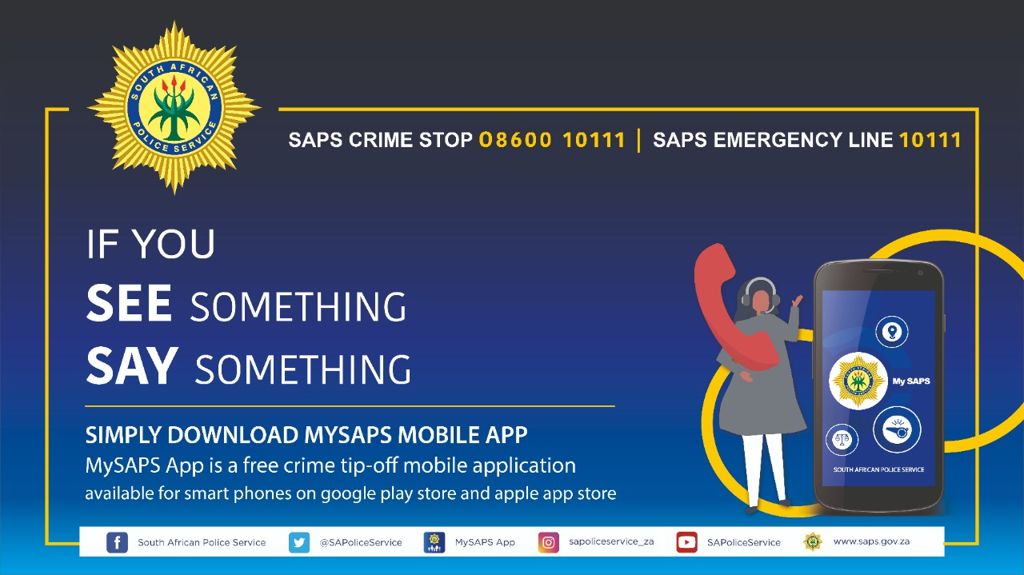The Western Cape taxi industry had a challenging period due to an eight-day stayaway that led to widespread damage to property, the local economy, and the region’s reputation. During a joint press conference, Premier Alan Winde, the City of Cape Town (CoCT), the Western Cape Government (WCG), and Santaco discussed the financial and reputational losses incurred by the industry, estimated by Santaco’s first deputy chairperson, Nceba Enge, at R50 million per day.
Constructive Approach to Resolving the Issue
Mayor Geordin Hill-Lewis expressed his appreciation for the minibus taxi association’s cooperative efforts in resolving the matter. He noted that a resolution could have been reached earlier, averting the damaging impact on the economy and residents’ lives.
Agreement and Task Team
The agreement stipulated that impoundments under the National Land Transportation Act (NLTA) would continue for vehicles operating without a license, on incorrect routes, without a driver’s license, or deemed not roadworthy. The Taxi Task Team is expected to define a list of major and minor offenses, guiding enforcement staff through a Standard Operating Procedure (SOP) within 14 days.
Prioritizing Commuter Safety
CoCT’s priority is ensuring commuter safety. Therefore, all traffic offenses with significant safety implications will remain major offenses. On the other hand, minor offenses without direct consequences on commuter safety will not be impoundable.
Preventing Future Strikes
To prevent future strikes, Premier Winde announced the reconvening of a task team established in February, with an escalation system in place. A 36-hour notice period for strike action will be implemented, allowing commuters and businesses to make alternative arrangements.
Hopes for Progress and Concerns
Enge acknowledged the importance of learning from this experience while raising concerns about the 14-day deadline to address outstanding issues. He criticized the task team’s lack of achievements since its inception five months ago, leading to Santaco’s withdrawal from meetings. Western Cape MEC for Mobility Ricardo Mackenzie argued that Santaco’s demands were unreasonable.
Importance of the Minibus Taxi Industry
Mayco member for Transport Rob Quintas highlighted the importance of the minibus taxi industry as a vital partner in the integrated rapid transport system. He assured that CoCT would approach negotiations with an open mind, determining which offenses warrant fines and impoundments in the future.
Strengthened Relationships and Lessons Learned
As the Western Cape taxi industry embarks on a crucial fortnight, it is imperative to foster stronger collaborations between all stakeholders. The lessons learned from this tumultuous period will shape a more resilient and harmonious future for the industry and the community it serves.












